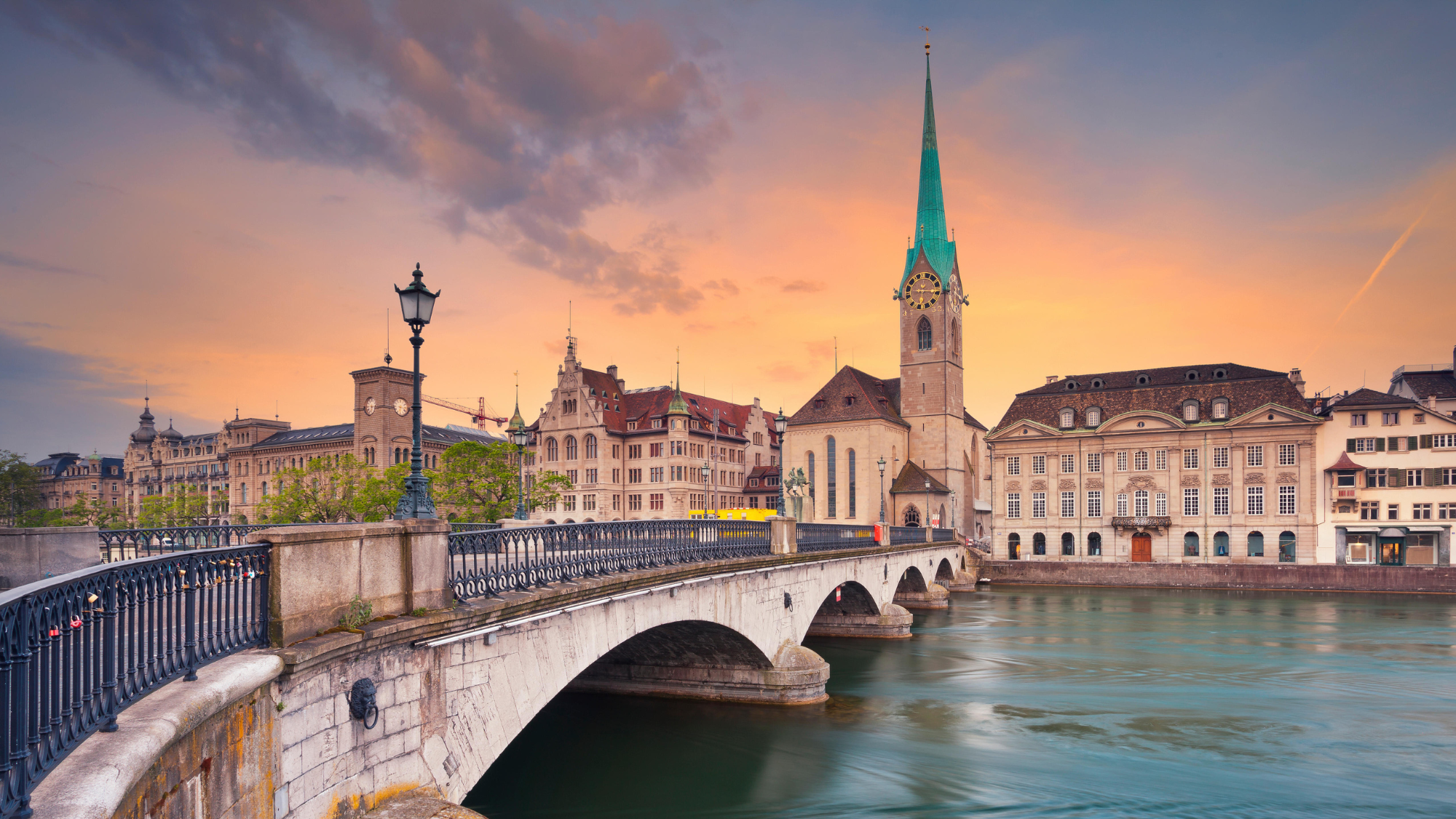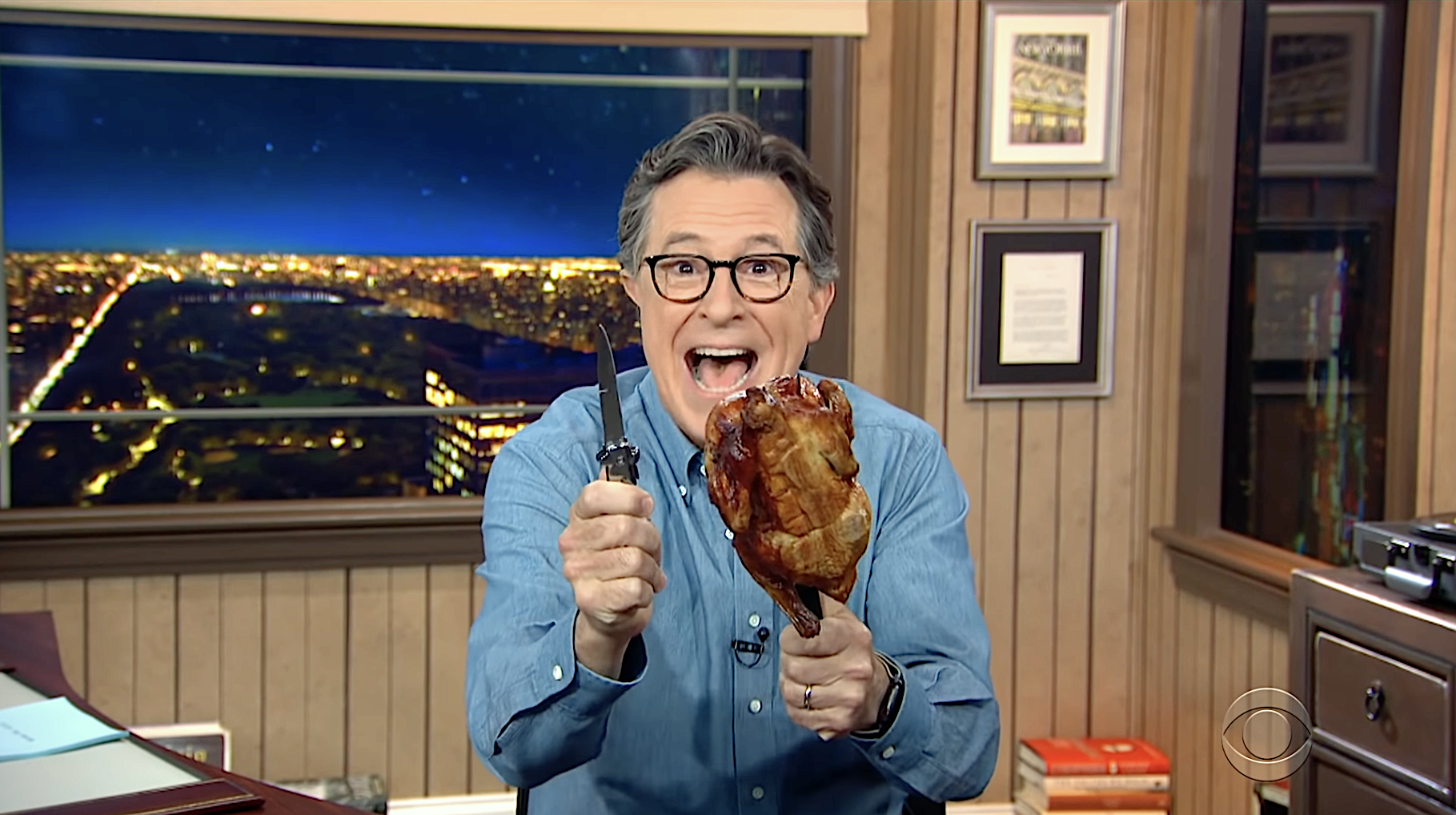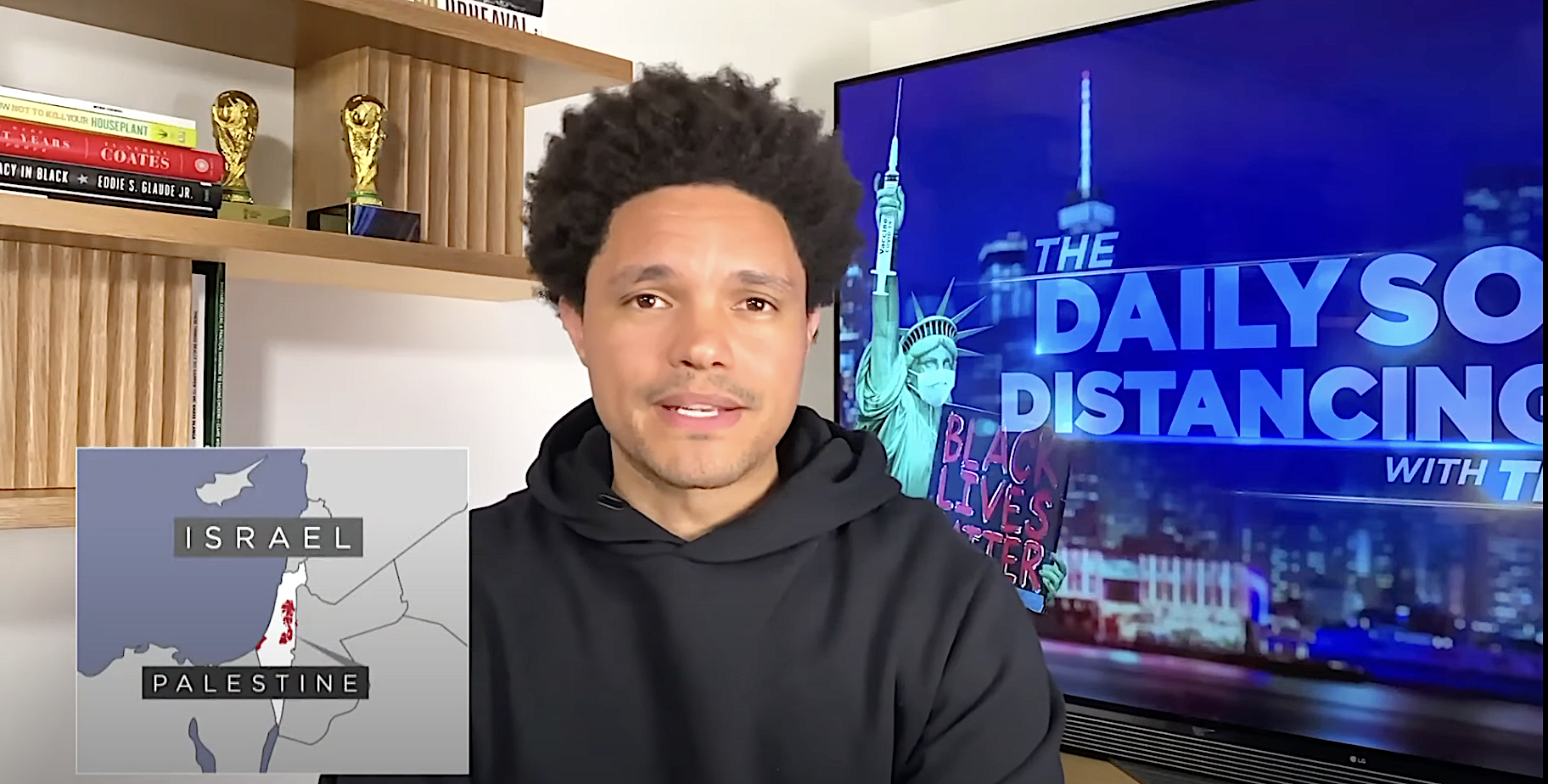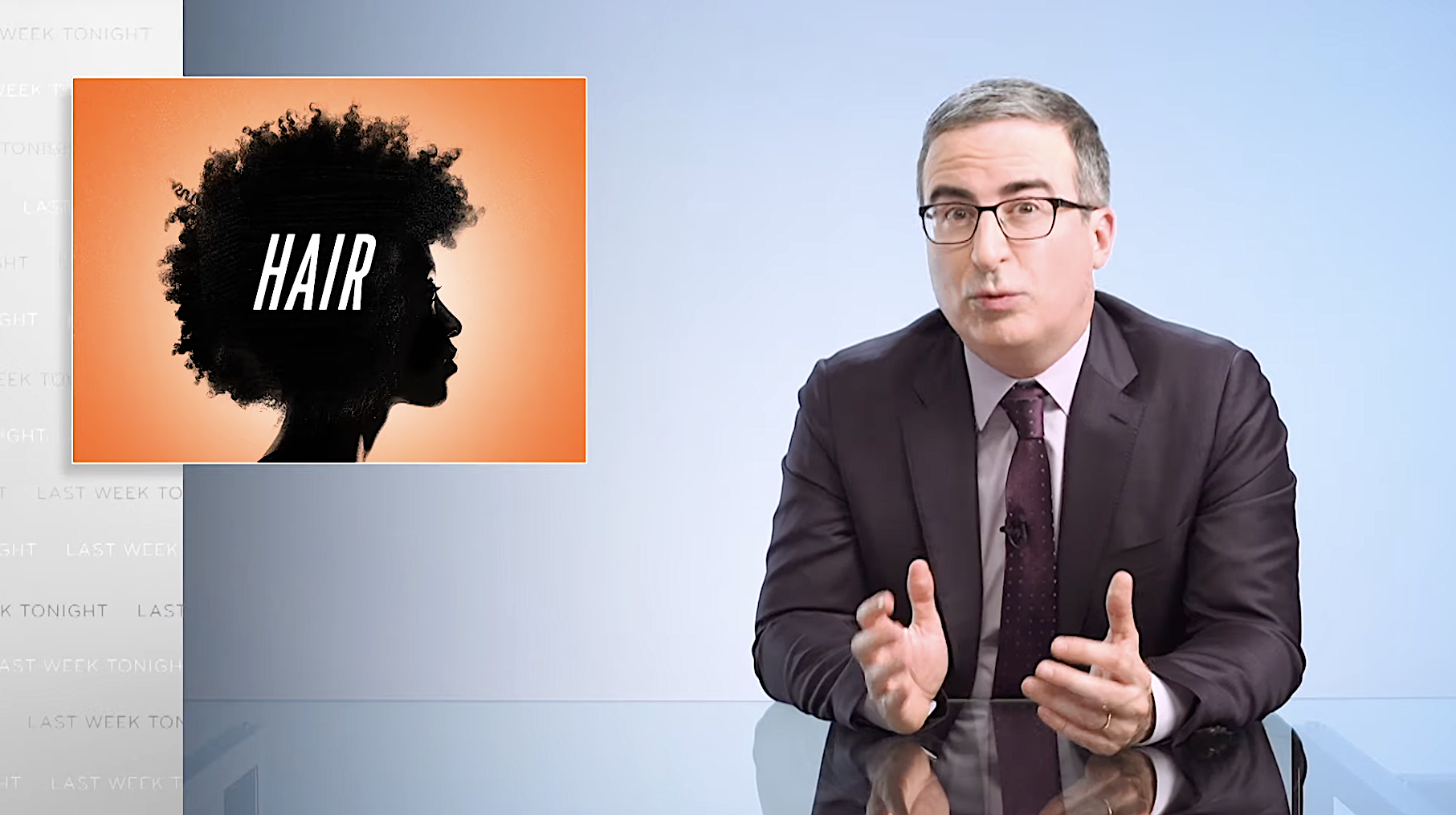The dangers of private helicopters and planes
Even if you have the means, think twice before flying private

A free daily email with the biggest news stories of the day – and the best features from TheWeek.com
You are now subscribed
Your newsletter sign-up was successful
The death of Kobe Bryant and eight other people in a helicopter crash on Sunday has been impossible to process. I've spent the last few days grappling with the incomprehensibility of the accident and the horror of its circumstances: Bryant was en route to a girl's basketball tournament with his 13-year-old daughter, two of her teenage teammates, and their parents and coaches when the Sikorsky S-76B helicopter dropped suddenly and hit a steep hillside in the Santa Monica Mountains, killing everyone on board.
The tragedy has left in its wake more questions than answers: Why did the experienced pilot press on, even after the LAPD had grounded its flights due to fog one witness described as being "as thick as ... a pool of milk"? Why did the helicopter drop abruptly right before its crash — had there been a mechanical failure, or was it attempting an emergency landing? Are personal aircrafts even a safe mode of transportation?
It's true that if you look at the news alone, private planes and helicopters seem to be involved in a disproportionate number of disasters. A number of celebrities have died in high-profile aviation incidents over the years, from the singer John Denver, to members of the band Lynard Skynard, to, in 2017, the Hall of Fame pitcher Roy Halladay. Actor Harrison Ford is famously lucky to be alive after all his airplane and helicopter mishaps.
The Week
Escape your echo chamber. Get the facts behind the news, plus analysis from multiple perspectives.

Sign up for The Week's Free Newsletters
From our morning news briefing to a weekly Good News Newsletter, get the best of The Week delivered directly to your inbox.
From our morning news briefing to a weekly Good News Newsletter, get the best of The Week delivered directly to your inbox.
In some ways, it's surprising that private air travel remains so dangerous, especially seeing as flying on a commercial plane is now one of the safest things you can do — safer even than even walking. In 2013, an MIT statistics professor calculated that "flying [on a passenger plane] has become so reliable that a traveler could fly every day for an average of 123,000 years before being in a fatal crash." While in 2018, some 393 people were killed in civil aviation accidents across the United States, only one of those deaths was an airline passenger fatality. Worldwide, commercial airline fatalities actually fell 50 percent in 2019.
Context is important, of course: Helicopters, which are a favored transport of the uber-wealthy, tend to fly at lower altitudes than airplanes and thus increase the overall chance of crashing into hillsides and buildings when compared to jets. Still, helicopters are a relatively safe mode of transportation — except when it comes to personal and private flights, which "account for just 3 percent of flight hours but more than a quarter of fatal accidents," NPR reports.
Why such an enormous discrepancy? Different degrees of oversight is a huge part of it. "General aviation," an umbrella term that includes everything from amateur hobby planes to professionally-flown charters, is governed by what is known as "Part 91" of the Federal Aviation Regulations. In comparison with "Part 135," which governs on-demand charters and air taxi operations, or "Part 121," which governs regular commercial airlines, Part 91 is lax, with fewer regulations and a lower required number of flight hours for pilot certification. "It is theoretically possible to take off under conditions of zero visibility under Part 91, while aircraft operated under Part 135 cannot generally use airports that lack on-site weather reporting," explains PrivateFly, a charter company that only uses Part 135 aircrafts. "Overall, when flying with a registered aircraft in the U.S., you are 12 times less likely to have an accident or incident if you charter a Part 135 aircraft when compared to flying with a privately managed Part 91 aircraft."
As it turns out, general aviation ultimately accounts for a whopping 94 percent of fatal aviation accidents, The New York Times reports. What's more, "most general aviation accidents involve some kind of pilot error" and although there are "many factors that can contribute to this," the Times describes bad weather as being "the No. 1 culprit." One cited study, by the Aircraft Owners and Pilots Association, found that nearly 75 percent of weather-related accidents resulted in fatalities. Although different kinds of private aircraft naturally have different risk levels, with personal planes being the most dangerous and corporate jets being much safer, an analysis by The Points Guy still found that flying in any sort of general aviation meant you were almost 272 times more likely to die than if you'd flown commercial.
A free daily email with the biggest news stories of the day – and the best features from TheWeek.com
Even as general wisdom holds that getting in a car is about the single dumbest thing you can do if you value your life (TPG's metrics found that you're 453 times more likely to die in an automobile crash than a commercial plane crash, for one), some assessments suggest that private planes and helicopters could potentially be even more risky. By LiveScience's rough estimation, which takes into account that there are significantly more drivers than there are private aircraft passengers, "stepping on a private plane is about 19 times more dangerous than getting into the family sedan." As a result, people who can afford to charter planes in the first place end up being disproportionately effected; on New Year's Eve in 2018, for example, two different business executives were killed in separate accidents, prompting Quartz to report that "executives are dying in private planes while commercial flights have never been safer."
Of course, none of this makes the Bryant tragedy any more comprehensible. Up until his death, the NBA legend had "used a helicopter like a car" and "made [flights] hundreds of times in his life," The Wall Street Journal reports. His personal helicopter was in excellent condition, and not expected to have any mechanical concerns. Bryant's pilot had a reputation for being able to fly during tricky weather; colleagues described him as "supercautious, supersmart."
Ultimately, even the chance of getting in a private aircraft accident remains fairly small. And sometimes — due to human error or a mechanical failure — tragic accidents just happen.
But some things are preventable. Stricter regulations are needed for private aircrafts, so no more families have to mourn.
Jeva Lange was the executive editor at TheWeek.com. She formerly served as The Week's deputy editor and culture critic. She is also a contributor to Screen Slate, and her writing has appeared in The New York Daily News, The Awl, Vice, and Gothamist, among other publications. Jeva lives in New York City. Follow her on Twitter.
-
 The Olympic timekeepers keeping the Games on track
The Olympic timekeepers keeping the Games on trackUnder the Radar Swiss watchmaking giant Omega has been at the finish line of every Olympic Games for nearly 100 years
-
 Will increasing tensions with Iran boil over into war?
Will increasing tensions with Iran boil over into war?Today’s Big Question President Donald Trump has recently been threatening the country
-
 Corruption: The spy sheikh and the president
Corruption: The spy sheikh and the presidentFeature Trump is at the center of another scandal
-
 A peek inside Europe’s luxury new sleeper bus
A peek inside Europe’s luxury new sleeper busThe Week Recommends Overnight service with stops across Switzerland and the Netherlands promises a comfortable no-fly adventure
-
 A long weekend in Zürich
A long weekend in ZürichThe Week Recommends The vibrant Swiss city is far more than just a banking hub
-
 Late night hosts lightly try to square the GOP's Liz Cheney purge with its avowed hatred of 'cancel culture'
Late night hosts lightly try to square the GOP's Liz Cheney purge with its avowed hatred of 'cancel culture'Speed Read
-
 Late night hosts survey the creative ways America is encouraging COVID-19 vaccinations, cure 'Foxitis'
Late night hosts survey the creative ways America is encouraging COVID-19 vaccinations, cure 'Foxitis'Speed Read
-
 The Daily Show's Trevor Noah carefully steps through the Israel-Palestine minefield to an 'honest question'
The Daily Show's Trevor Noah carefully steps through the Israel-Palestine minefield to an 'honest question'Speed Read
-
 Late night hosts roast Medina Spirit's juicing scandal, 'cancel culture,' and Trump calling a horse a 'junky'
Late night hosts roast Medina Spirit's juicing scandal, 'cancel culture,' and Trump calling a horse a 'junky'Speed Read
-
 John Oliver tries to explain Black hair to fellow white people
John Oliver tries to explain Black hair to fellow white peopleSpeed Read
-
 Late night hosts explain the Trump GOP's Liz Cheney purge, mock Caitlyn Jenner's hangar pains
Late night hosts explain the Trump GOP's Liz Cheney purge, mock Caitlyn Jenner's hangar painsSpeed Read
